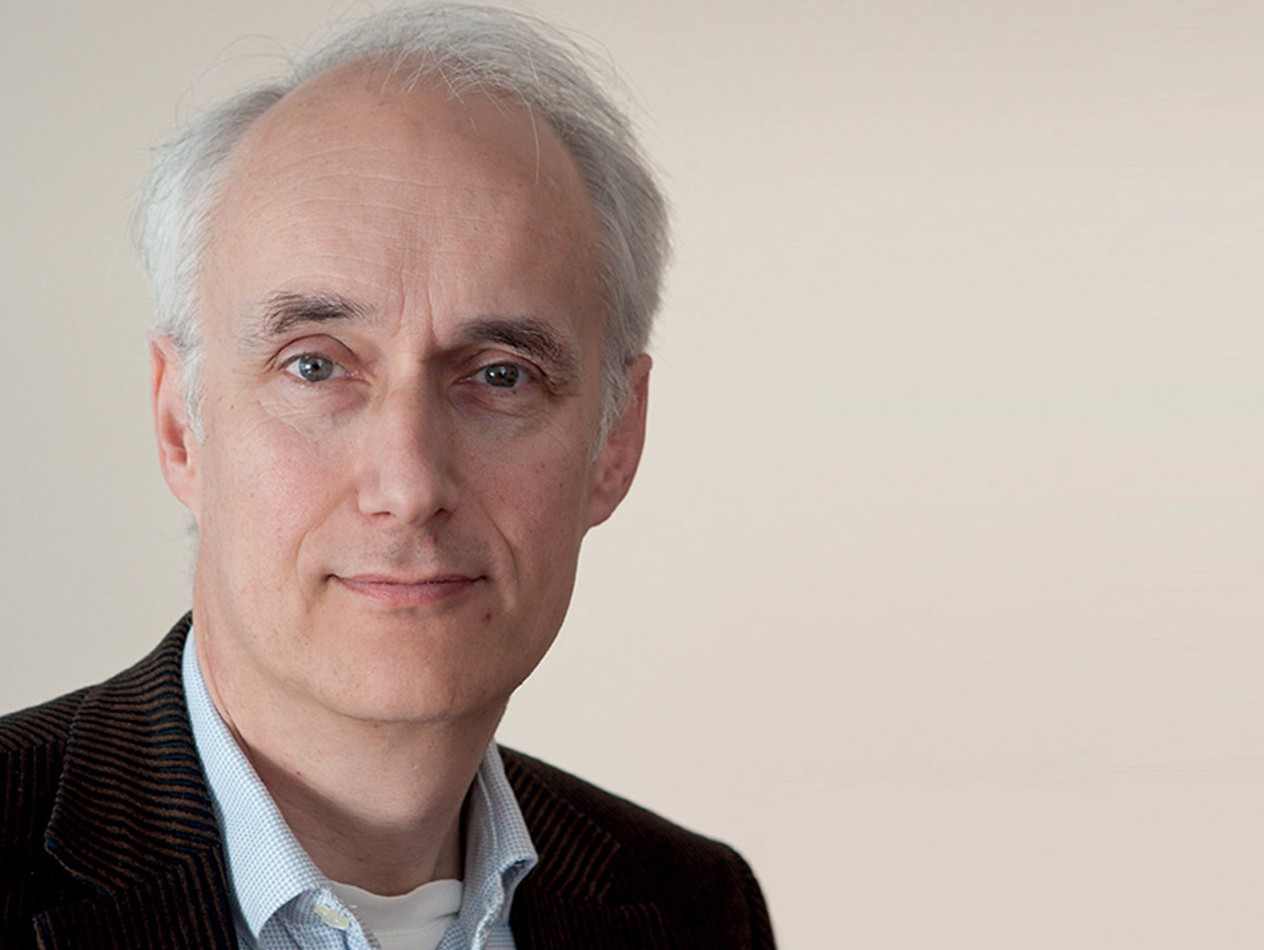
Rob Hamer’s work revolves around innovation in food. He heads up the Unilever research lab in Vlaardingen and spends one day a week working as a professor in the Food Chemistry Group at Wageningen UR. We discussed with him the path to sustainable and healthy food.
Rob Hamer is also, on behalf of the Confederation of Netherlands Industry and Employers (VNO/NCW), a member of the steering committee of the Dutch National Research Agenda (NWA). That agenda features today’s 140 most important science-related questions, distilled from the thousands of questions that people have submitted. Many of the questions relate to food and its production, both now and in the future.
“Definitely. And, as the industry, we can bridge the gaps between those big questions and the real-life situation. After all, we’re involved in that every day. In workshops, we’ve grouped the questions together into routes. One of those routes along a number of interrelated issues is called ‘sustainable production of safe and healthy food’. The routes provide guidance for research. We sat around the table with companies, universities and other interested parties, and together we asked ourselves where the challenge lies and how we can contribute to solving the issues.”
“Our challenge is, in 2050, to feed over 9 billion people in a sustainable way while the consumption level continues to rise in line with global prosperity. During two workshops we were able to formulate a vision, namely that the sustainable production of safe and healthy food will be made possible by a single, integrated production system in which consumers also fully participate. We also identified a number of game changers that can deliver the breakthroughs needed to accomplish that ambitious goal.”
“We’ve identified eight in total. The new version of the production system requires consumers who are able to make good decisions, we will need to create closed cycles – water, phosphate, nitrogen – and make the production systems more resilient to diseases and pests by increasing the biodiversity. We must utilise technology and IT to achieve greater precision and efficiency, and we can improve and increase the yields if we can gain a better understanding of photosynthesis and protein synthesis. We also need to ensure that access to food becomes more efficient, more effective and fairer globally.”
‘The new version of the production system requires consumers who are able to make good decisions’
“Consumers must be able to see the impact of their actions, e.g. when they make a sustainable and/or healthy choice in a shop. The industry has the important task of making consumers part of the food system by taking their needs very seriously and providing tailor-made service. So companies will need to become much more flexible, such as by involving consumers in the creation of the closed cycles. We will need to utilise all resources optimally and also enable consumers to shoulder their responsibilities, in terms of using energy and raw materials as sparingly as possible and minimising food waste. That’s what we mean by consumers who are ‘able to make good decisions’.”
“I think VNO/NCW is in a better position to say whether Dutch companies are spending enough money on sustainability-related innovation. But Unilever, which I can answer for, is proof that sustainability-related investments pay off. We’re investing heavily in sustainable development. Unilever is striving to be carbon positive by 2030; from that point onwards the company will only use sustainable raw materials. We’re showing that it works. Using energy and raw materials more sparingly helps us to save costs, but we’re also doing well in the market in terms of sustainability. That’s where the opportunities are for entrepreneurs in the food industry: sustainable and healthy food for consumers who make conscious choices. We’re convinced that our approach is the right one. In mid-July I sent a proposal to the EU for a new sustainability project for Unilever in a European consortium along with 50 other companies and knowledge institutes – it’s a proposal that will help us to take another substantial step towards sustainability.”
“I’m very optimistic and I have great faith in human inventiveness. We’ve formulated the problem clearly and everyone has a role to play in the solution – not least companies, which in the Netherlands are particularly good at collaborating with universities. For example, I have high expectations of the partnerships between robot developers and agronomists, who by working together can devise new and sustainable, low-cost production and harvesting strategies. So we’ve defined not only the problem but also the area in which we need to look for the solution. If only we could learn from Mother Nature and figure out a way to get our agricultural crops to grow as quickly as a desert plant following a rain shower. That’s what we call turbosynthesis, and it would be a real game changer.”

“We’ve issued an urgent call for politicians to increase the structural investment in research; we’re asking the Dutch government to increase its budget by a billion euros. We believe half of that money should be spent on talent development and infrastructure and the other half on thematic breakthrough research such as studies into sustainable food production. In addition to that amount of 500 million euros, we hope to receive a further 500 million euros from the EU and industry for breakthrough research.”
‘Turbosynthesis would be a real game changer’
Source: Foto Rob Hamer: ©Unilever; Foto Turbosynthese: ©musicman/shutterstock.com